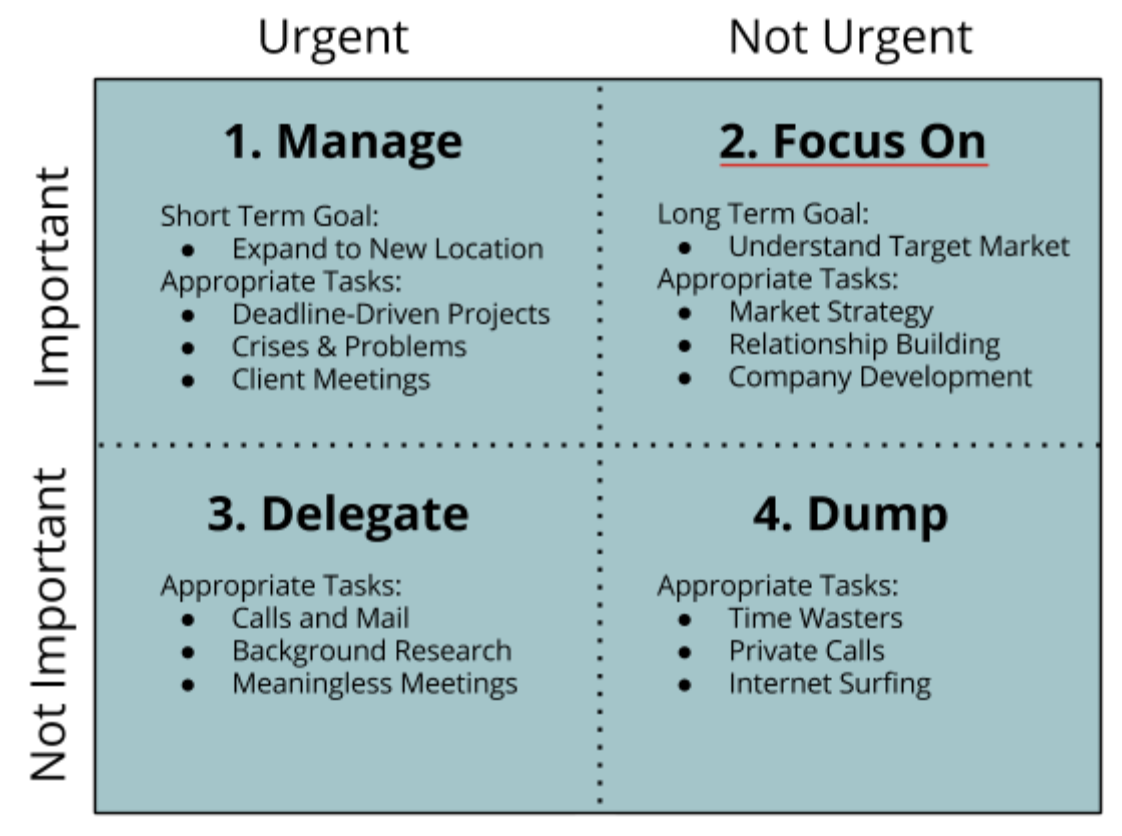Time management and productivity are crucial skills that can significantly impact success in both personal and professional life. In today’s fast-paced world, it’s easy to become overwhelmed by numerous tasks and responsibilities. However, with effective time management techniques, individuals can achieve greater productivity and better work-life balance.
The Importance of Time Management
Time management enables individuals to prioritize tasks, make the most of the available time, and accomplish their goals more efficiently. It helps reduce stress levels, improve focus and concentration, and ultimately enhance productivity and overall quality of work. By optimizing time, individuals can create a sense of achievement and satisfaction, leading to greater success and happiness.
Identify and Prioritize Tasks
The first step towards effective time management is identifying and prioritizing tasks. List down all the tasks at hand and divide them into different categories based on urgency and importance. One popular method is the Eisenhower Matrix, which classifies tasks into four categories: urgent and important, important but not urgent, urgent but not important, and neither urgent nor important. By focusing on tasks that are both urgent and important, individuals can ensure that crucial responsibilities are handled promptly.
Set Clear Goals
Setting clear goals is essential for effective time management. Determine what you want to achieve in a day, week, or month, and break down larger goals into smaller, more manageable tasks. This not only provides a roadmap for your work but also helps in tracking progress. Setting realistic and achievable goals ensures that time is utilized efficiently, while also motivating individuals to stay focused and committed.
Create a Schedule
A well-structured schedule is key to effective time management and helps individuals stay organized and focused. Use a planner or digital tools to allocate specific time slots for various tasks. Avoid multitasking as it can lead to decreased productivity and increased mental fatigue. Instead, allocate dedicated time slots for specific activities and avoid distractions. In addition, it is important to set aside regular breaks to rejuvenate and maintain optimal performance throughout the day.
Avoid Procrastination
Procrastination is a common time-management pitfall that can hinder productivity and cause unnecessary stress. Beat procrastination by breaking large tasks into smaller, more manageable parts and set specific deadlines for each stage. Implement strategies such as the Pomodoro Technique, which involves working for fixed intervals (e.g., 25 minutes) and then taking short breaks (e.g., 5 minutes) to refresh the mind. Such techniques can help maintain focus and prevent procrastination.
Use Time Management Tools
Various time management tools and technologies are available to assist in organizing and prioritizing tasks. Online calendars, digital to-do lists, and workflow management apps can help individuals keep track of appointments, deadlines, and ongoing projects. These tools also often come with reminder features to ensure that important tasks are not forgotten. Experiment with different tools and find the ones that suit your style and preferences.
Effective Delegation and Collaboration
Recognize when tasks can be delegated to others. Delegating tasks appropriately frees up time for more critical responsibilities. Similarly, effective collaboration can enhance productivity and time management. Leveraging the strengths and expertise of team members can help achieve collective goals more efficiently. Communication tools and project management software can further streamline collaboration, ensuring tasks are completed seamlessly within deadlines.
Continual Self-Improvement
Time management is a skill that can be refined and improved continuously. Reflect on your current time management practices and identify areas for improvement. Evaluate tasks that can be eliminated, automated, or streamlined. Consider learning new techniques and strategies through books, online resources, or enrolling in time management courses. Stay open to experimentation and adapt your approach based on what works best for you.
The Benefits of Effective Time Management
Adopting effective time management techniques brings numerous benefits. Improved productivity enhances performance, leads to higher quality work, and increases the likelihood of achieving personal and professional goals. Time management also helps reduce stress levels and improve work-life balance, allowing individuals to allocate time for personal activities and self-care. Ultimately, mastering time management techniques not only boosts productivity but also contributes to overall well-being and success.
Conclusion
Effective time management is crucial for personal and professional success. By implementing the aforementioned techniques and strategies, individuals can optimize their use of time, improve productivity, reduce stress levels, and achieve a better work-life balance. With dedication and practice, anyone can master time management skills, paving the way for a more fulfilling and successful life.
